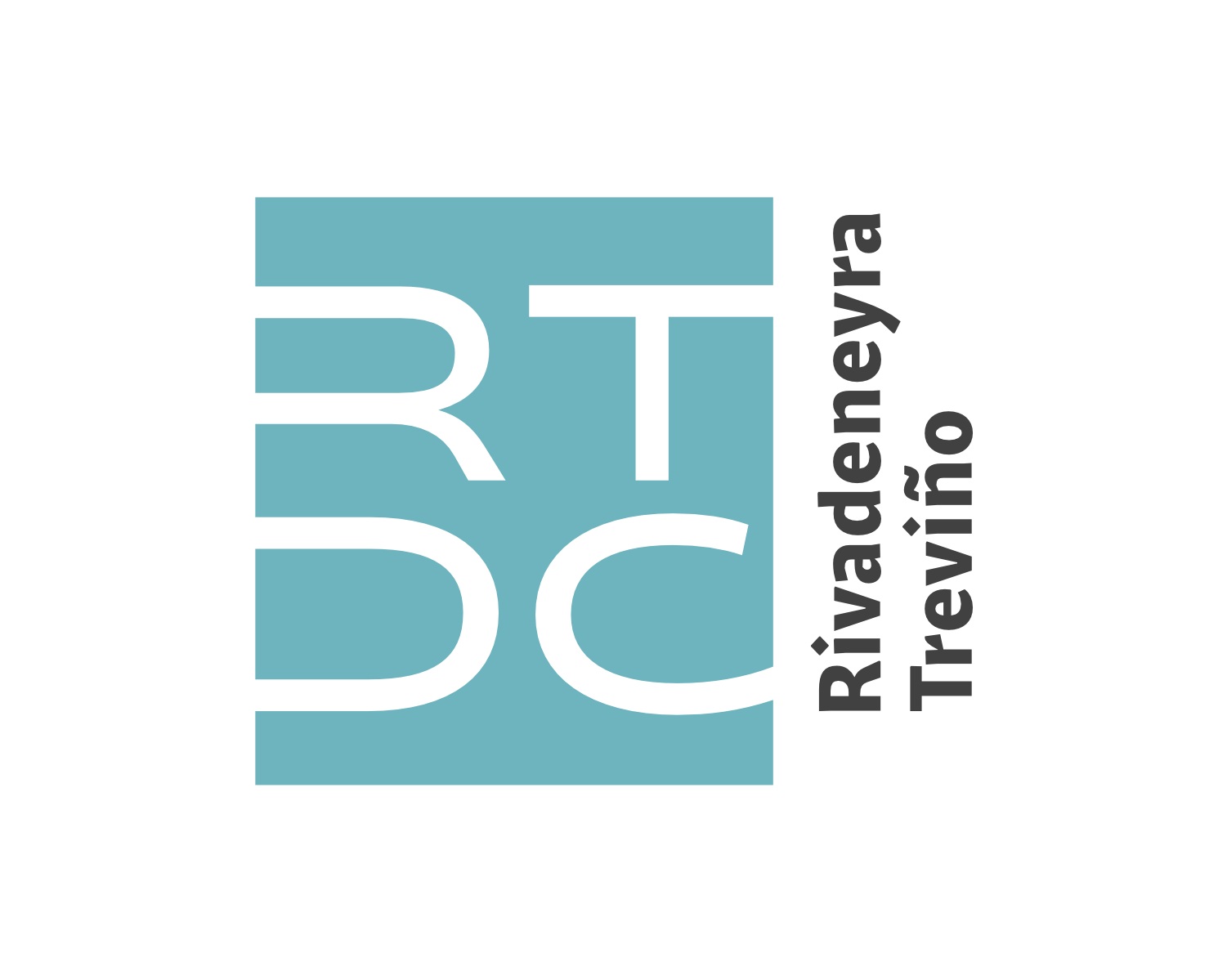Best ESG Advisory & Compliance Lawyers in Mexico City
Share your needs with us, get contacted by law firms.
Free. Takes 2 min.
List of the best lawyers in Mexico City, Mexico
About ESG Advisory & Compliance Law in Mexico City, Mexico
ESG advisory and compliance refers to the legal and regulatory guidance companies need to meet requirements related to Environmental, Social, and Governance (ESG) standards. In Mexico City, ESG compliance has become a key focus for businesses, both due to local regulations and international expectations for sustainability, ethical governance, and corporate responsibility. Laws and voluntary frameworks aim to ensure that organizations respect the environment, uphold fair labor practices, maintain high ethical standards, and disclose relevant information transparently. Legal advisors specializing in ESG help companies navigate this complex landscape, reduce risks, and improve their market reputation.
Why You May Need a Lawyer
You may need a lawyer specializing in ESG advisory and compliance for several reasons. Common situations include developing and implementing ESG strategies, preparing sustainability or social responsibility reports, responding to audits or investigations, handling disputes about environmental damage or labor rights, and complying with mandatory disclosures. Companies facing mergers or acquisitions may also need ESG due diligence to identify potential liabilities. Legal advice is crucial to ensure that your business complies with local and international ESG standards, avoids penalties, and meets stakeholders’ expectations.
Local Laws Overview
ESG requirements in Mexico City derive from both federal and local regulations, as well as voluntary frameworks adopted by the private sector. The key legal areas relevant to ESG compliance include environmental protection, labor rights, anti-corruption, and corporate governance.
Mexico’s General Law for Environmental Protection, Federal Labor Law, and General Law of Administrative Responsibilities set out baseline requirements. The city has specific environmental rules, including waste management and air quality regulations. Further, Mexico’s National Banking and Securities Commission (CNBV) has published guidelines for sustainable finance and ESG disclosures, especially for publicly listed entities and financial institutions. Sometimes, companies voluntarily follow international standards such as the Global Reporting Initiative (GRI) and the United Nations Sustainable Development Goals (SDGs).
The legal landscape is evolving, and companies must remain up to date as stricter mandatory reporting and performance standards are adopted. Non-compliance can result in administrative fines, damage to reputation, and even criminal liability in serious cases.
Frequently Asked Questions
What does ESG mean for businesses in Mexico City?
ESG stands for Environmental, Social, and Governance. It refers to how companies operate in a way that respects the environment, treats employees and communities fairly, and maintains transparent and ethical management practices. In Mexico City, businesses are increasingly expected to adopt ESG principles as part of their operations and reporting.
Is ESG compliance mandatory in Mexico City?
Some aspects of ESG, such as environmental protection, labor rights, and anti-corruption, are mandatory under federal and local laws. Others, such as detailed ESG reporting, may be voluntary unless you are a listed company or operate in certain regulated industries. However, market and stakeholder expectations are making broader ESG compliance a best practice.
Who regulates ESG matters in Mexico City?
The main regulators include the Secretariat of Environment and Natural Resources (SEMARNAT), the National Banking and Securities Commission (CNBV), and the Secretariat of Labor and Social Welfare (STPS). Mexico City also has local environmental and labor authorities.
What are the risks of not complying with ESG laws?
Failing to comply can result in fines, suspension of operations, lawsuits, loss of business opportunities, reputational damage, and difficulties accessing financing or investment.
Can foreign companies operating in Mexico City be held to ESG standards?
Yes, any organization operating in Mexico City must comply with relevant national and local laws. International companies may also need to adhere to ESG frameworks from their home countries or those required by global investors.
What are the most common ESG legal issues in Mexico City?
Common issues include environmental permits and impact assessments, workplace health and safety, anti-corruption procedures, social inclusion policies, non-disclosure or misrepresentation in sustainability reporting, and discrimination complaints.
How can a lawyer help with ESG due diligence?
A lawyer can assist by reviewing your company’s practices and documentation, identifying potential compliance gaps, preparing improvement plans, assisting in risk management, and representing the business in audits or investigations.
Are there industry-specific ESG requirements?
Yes, certain industries such as energy, manufacturing, mining, financial services, and construction have stricter or additional ESG obligations. Legal counsel can help clarify specific requirements for your sector.
What should an ESG policy include?
An ESG policy should outline your company’s commitments regarding environmental management, social responsibility, employee rights, stakeholder engagement, anti-corruption, ethical conduct, compliance monitoring, and regular reporting mechanisms.
What documentation do regulators commonly request?
Regulators may request environmental permits, waste management records, employee contracts, health and safety documentation, anti-corruption policies, governance structures, ESG reports, and evidence of community engagement or impact assessments.
Additional Resources
Several resources and organizations can help with ESG compliance in Mexico City:
- Secretariat of Environment and Natural Resources (SEMARNAT)
- National Banking and Securities Commission (CNBV)
- Secretariat of Labor and Social Welfare (STPS)
- Mexico City Environmental and Urban Planning Agencies
- Mexican Stock Exchange (Bolsa Mexicana de Valores) ESG Guidance
- Global Reporting Initiative (GRI) local chapters
- United Nations Global Compact Network Mexico
- Specialized ESG law firms and consultants in Mexico City
These bodies offer guidance, technical resources, and, in some cases, training on ESG legal requirements and best practices.
Next Steps
If you require legal assistance with ESG advisory and compliance in Mexico City, consider the following steps:
- Assess your company’s current ESG practices and identify areas that may require legal review.
- Collect relevant documentation, such as permits, policies, and previous compliance reports.
- Contact a law firm or specialist experienced in ESG compliance and local laws.
- Request an initial consultation to outline your needs, receive a risk assessment, and plan next actions.
- Stay informed by regularly checking updates from regulators and industry organizations.
Working with a qualified lawyer ensures your business is compliant, protected against potential risks, and positioned as a responsible actor in the Mexican market.
Lawzana helps you find the best lawyers and law firms in Mexico City through a curated and pre-screened list of qualified legal professionals. Our platform offers rankings and detailed profiles of attorneys and law firms, allowing you to compare based on practice areas, including ESG Advisory & Compliance, experience, and client feedback.
Each profile includes a description of the firm's areas of practice, client reviews, team members and partners, year of establishment, spoken languages, office locations, contact information, social media presence, and any published articles or resources. Most firms on our platform speak English and are experienced in both local and international legal matters.
Get a quote from top-rated law firms in Mexico City, Mexico — quickly, securely, and without unnecessary hassle.
Disclaimer:
The information provided on this page is for general informational purposes only and does not constitute legal advice. While we strive to ensure the accuracy and relevance of the content, legal information may change over time, and interpretations of the law can vary. You should always consult with a qualified legal professional for advice specific to your situation.
We disclaim all liability for actions taken or not taken based on the content of this page. If you believe any information is incorrect or outdated, please contact us, and we will review and update it where appropriate.

















